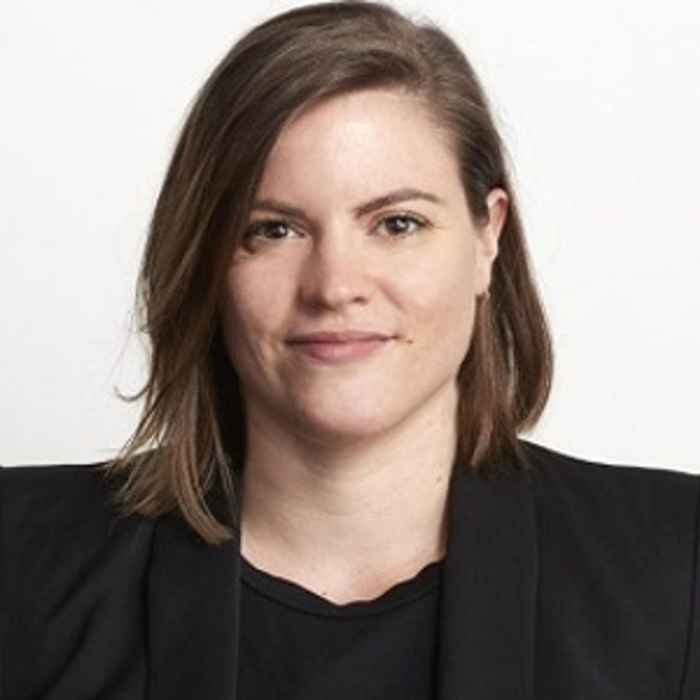International Accounting Day: enhancing trust through auditing and sustainable accounting
6 November 2024

She aims to make research findings more accessible to the wider public. This is one of the reasons she is helping establish the UvA Sustainability Accounting Center.
Thuerheimer’s academic background lies in auditing, specifically in financial statement audits. She highlights the importance of auditing in building trust and enhancing the credibility of information. As she explains: ‘I have always been fascinated by this field because trustworthy information is vital. I initially studied it from the perspective of financial statements. But on a broader level, in a society full of misinformation and disinformation, having trustworthy information is fundamental. In auditing, it is about increasing the reliability of financial data and boosting users’ confidence in this information. This not only aids decision-making within companies but also benefits external stakeholders. Ultimately, auditing helps economies function properly by supporting transparency in financial markets’.
Expanding research into sustainability
Recently, Thuerheimer has expanded her research to include sustainability accounting and assurance. She notes that significant new regulations are emerging, particularly within the European Union. One example is the Corporate Social Responsibility Directive (CSRD), which requires companies to report on sustainability issues like climate change, treatment of employees, or business conduct. However, the researcher raises concerns about whether these regulations will truly meet their objectives.
‘The goal of transparency is to encourage companies to improve their behaviour’, she says. ‘For example, if a company reports on its greenhouse gas emissions and sets targets, the aim is to see a reduction in those emissions. But we don’t know yet if these transparency measures will achieve such outcomes. Similarly, the focus on reducing greenhouse gas emissions might come at the cost of improvements in other metrics. These are key questions for future research. It’s also important to understand what metrics different stakeholders care about. For instance, the focus of investors might differ from that of consumers. And when we look at diversity reporting, is it sufficient to report on gender diversity which is easily quantifiable? Or should we look deeper to enhance true diversity? And, how do we ensure that users of that information trust it?’
The growing demand for sustainability reporting
‘There is a growing demand from stakeholders for reliable sustainability information’, Thuerheimer explains. ‘Investors may want to use this data to align their capital with companies that meet certain sustainability goals. Other groups, like employees and consumers, may wish to understand how a company impacts society or the environment. Impact research is vital from multiple perspectives’, she says. ‘It helps stakeholders make informed decisions about where to spend their time, money, or attention on’.
Sharing knowledge through the UvA Sustainability Accounting Center
The UvA Sustainability Accounting Center was founded in response to increasing interest in sustainability reporting. The center has 2 main goals. The first is to make findings in existing academic research accessible to a wider audience. ‘We want to translate what we know and make it accessible to the public and interested stakeholders’, says Thuerheimer. The second goal is to conduct new research and communicate those findings.
She underlines that the center relies on 2-way communication: stakeholders are more than welcome to fuel this new research with their questions. ‘Because ultimately’, the researcher explains, ‘the goal is to ensure that our research has relevance for practice and society. So the more exchange we have with stakeholders, the easier it will be for us to actually conduct research that is actionable and interesting to the center’s stakeholders’.
The researcher is also passionate about educating the next generation of accountants. ‘Our accounting major in the Bachelor’s in Business Administration now includes a course on sustainability reporting and assurance. And the Master’s in Accountancy & Control integrates 2 courses on sustainability accounting issues. It is crucial that we train graduates not only in traditional accounting fields – financial, managerial, auditing – but also in sustainability accounting’, she says. ‘Future accountants will need to report on, verify and use sustainability data, alongside traditional accounting information’.
The Future of Accounting
Thuerheimer believes that accounting is evolving beyond ‘debits and credits’ and balancing the books. She hopes that accountants will embrace the challenges of sustainability accounting. ‘My hope and wish is that accountants understand the huge impact they can have. They have the power to shape a sustainable future, and I hope they rise to this challenge’.